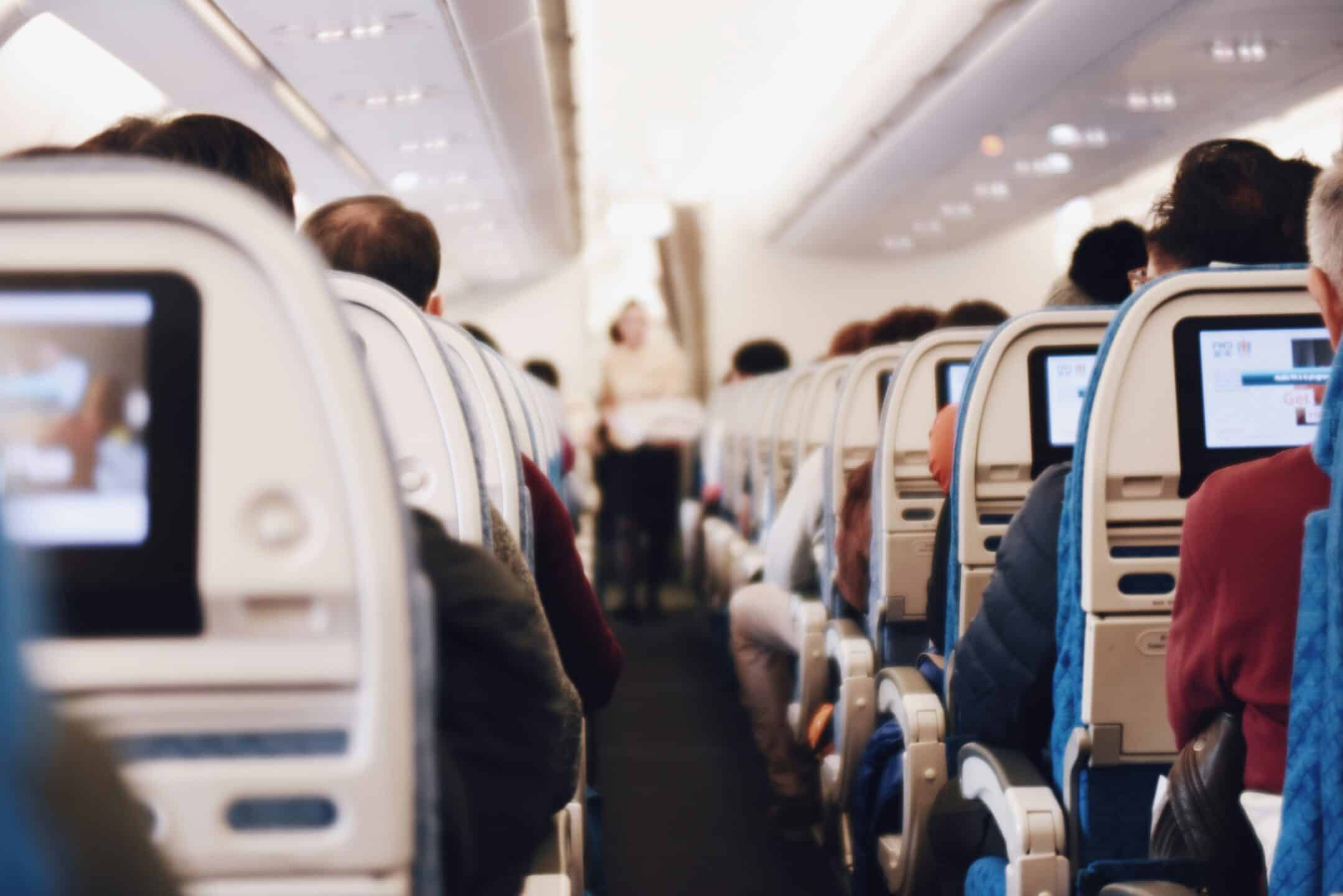Most people know that should they suffer personal injury or property damage due to a motor vehicle accident, damages can be recovered by suing the driver and owner of the other vehicle involved in the accident.
But what happens if you are injured aboard a large commercial flight? Can you sue the airline? Airline personnel such as air stewards or the captain of the plane itself? Other passengers? The manufacturer of the plane? You are not alone if you are wondering about the answers to these questions. Most of these questions have been answered by the courts, and the answer is yes. An airline, airline employees, the manufacturer of the plane, and even another passenger could be sued if they caused you some loss or damage.
Plaintiff Alleges Injury And Sues Airline
In the case of Yancheshmeh v Doe, the plaintiff alleged that, while on an Air Canada flight from Frankfurt, Germany, to Calgary, Alberta, on March 27, 2019, he was struck by the sharp corner of a service cart which was being pushed down the aisle of the airplane by the defendant Doe (an airline steward whose name was unknown to the plaintiff). The plaintiff alleged that he had suffered an extensive injury to his right knee as a result of this incident, which had caused and would continue to cause the plaintiff great physical and mental suffering. He commenced a claim against the individual flight steward under the name “Jane Doe” until the legal name of the flight steward could be ascertained and against the airline itself.
Air Canada responded to the claim by seeking to have it thrown out of court as having no chance of success. Air Canada claimed that Yancheshmeh’s claim could not succeed because it had not been properly claimed under the Montreal Convention.
The decision on whether to throw out the claim against Air Canada and Jane Doe (unidentified air steward) required the court to review the Montreal Convention. Under section 2 of Canada’s Carriage by Air Act, the Montreal Convention is directed to have the force of law throughout the country (i.e., it does not only apply in the province of Quebec, despite being named after the city of Montreal). The Montreal Convention applies to “all international carriage of persons, baggage or cargo performed by aircraft for reward.” As such, any claim for damages arising from something that happened while you were on an airplane must be brought per the Montreal Convention.
The Convention further dictates that while an airline is liable to passengers for certain categories of damages, those damages are subject to certain monetary limits, and any such claims must be brought within the timeframe proscribed by the legislation and in one of four jurisdictions.
In the case of Yancheshmeh, the claim had been commenced in accordance with the Montreal Convention in terms of the timeline within which the claim had been commenced, the jurisdiction in which it had been commenced, and the nature and amounts of damages sought. As all parameters of the claim were within the permissible limits dictated by the Convention, thus the court dismissed Air Canada’s motion to dismiss the claim as likely to fail and allowed Yancheshmeh’s claim to proceed as filed.
Emergency Landing Results in Class Action
The case of Somwar v Fly Jamaica Airways Ltd. provides an excellent example of how an entire class action may result from one bad flight. The Somwar case involved an Air Jamaica en route to Toronto’s Pearson airport when problems developed with the plane’s hydraulic system, which caused the pilot to make an emergency landing at Georgetown Cheddi Jagan International Airport in Guyana. Upon touching down, the Boeing 757-23N aircraft went on the runway, which caused significant damage to the airplane itself, in addition to causing physical injuries and other losses to many of the passengers aboard the flight, including several minors.
As a result of the accident, a class action lawsuit was launched on behalf of the flight passengers. The defendants in the action included Fly Jamaica Airways Ltd., the airline responsible for the flight, the Boeing Company, who made the airplane, and several individuals, including an unidentified aircraft mechanic suspected to have worked on the plane before the flight, who was named as “John Doe #4 aircraft maintenance mechanic” for purposes of the suit.
After extensive negotiations between all the parties, a settlement was reached in December of 2023, in accordance with which the defendants agreed to pay a lump sum of $5.55 million in full and final settlement of the action. This amount was noted to include individualized assessments of the damage claims made by each individual passenger instead of a more formulaic approach to compensation whereby each party would receive an identical sum of money. The court officially approved the settlement and awarded an honorarium of $5,000 to each of the class representatives in recognition of their efforts made on behalf of the class.
If You Have Been Injured While Traveling By Plane Contact Meridian Law Group In Vancouver
If you have suffered personal injury or damage to property while aboard a commercial flight, particularly if you have suffered a serious or catastrophic injury, then you need competent legal representation. Fortunately, the skilled, knowledgeable, capable personal injury lawyers at Merdian Law Group are here to help. From our offices in downtown Vancouver, British Columbia, Meridian Law Group proudly serves clients throughout the province with their personal injury legal needs.
Contact Merdian Law Group online or by telephone at (604) 687-2277, to schedule a confidential consultation.


